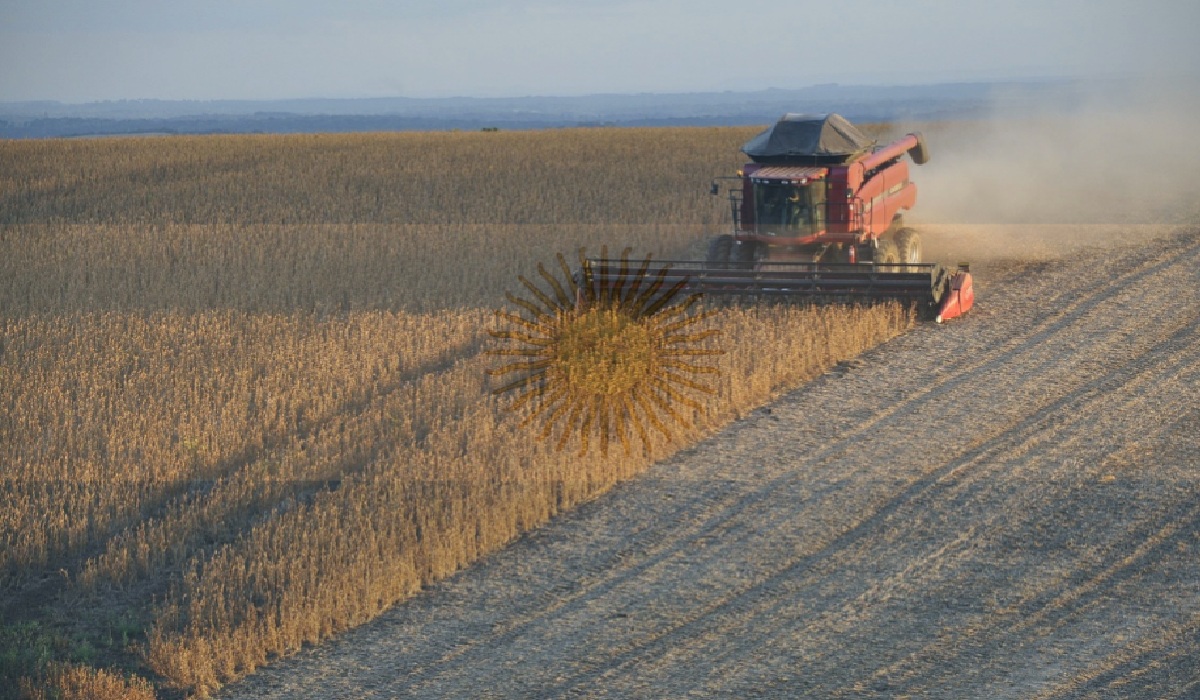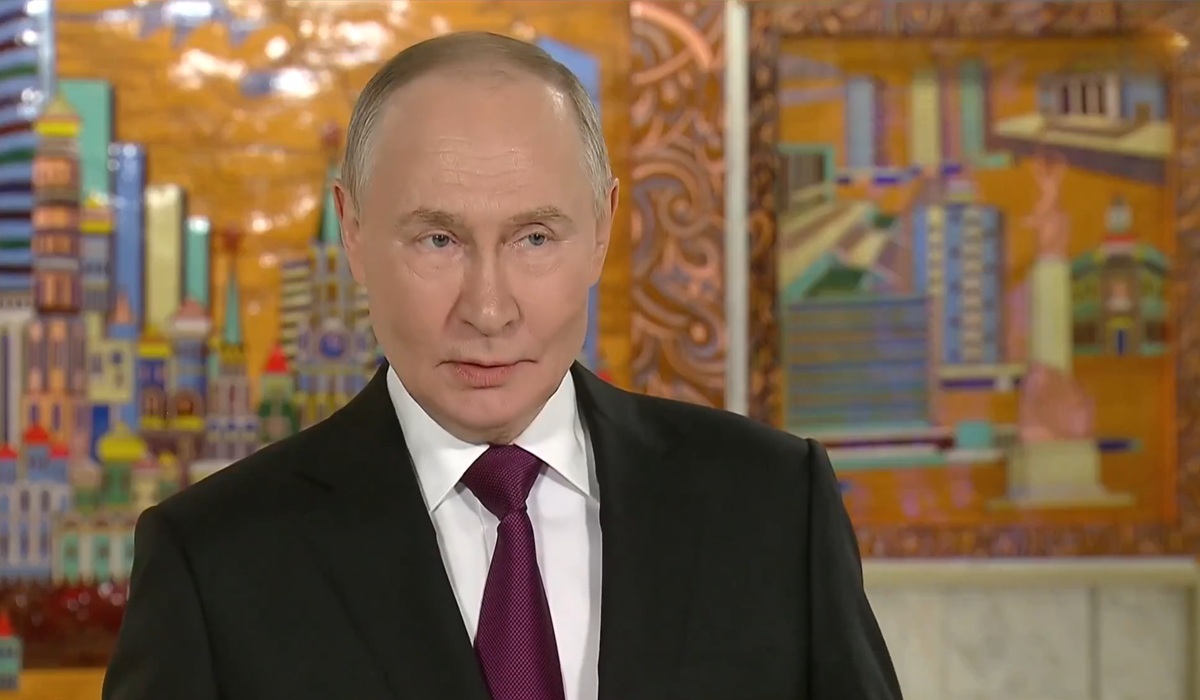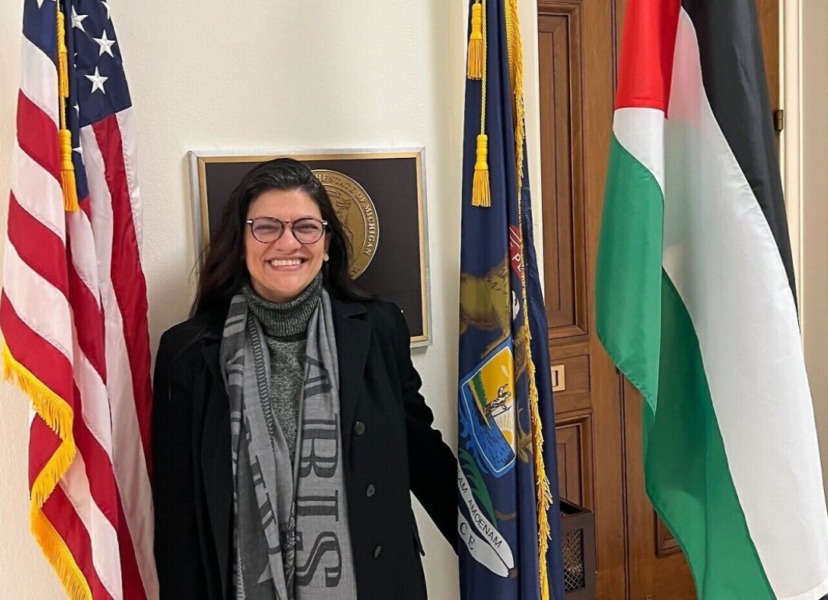When Tariffs Backfire: U.S. Farmers Funding Argentina’s Soybean Success
- TDS News
- U.S.A
- October 20, 2025

As North America approaches the five-year review of the Canada-United States-Mexico Agreement (CUSMA), trade tensions have exposed the absurdities of modern protectionism. What was meant to safeguard U.S. industries under President Trump’s tariff regime has instead turned into a slow-moving disaster for American farmers. The irony borders on the surreal: the United States, in attempting to shield its agricultural base, is now effectively funding Argentina’s exports to China—its own economic rival.
At the heart of the chaos lies a contradiction. Washington’s tariffs on Chinese goods triggered Beijing’s retaliation against U.S. soybeans, long a staple of Midwest exports. As demand from China evaporated, U.S. farmers were promised relief through subsidies and expanded domestic markets. But the market doesn’t wait for politics. Prices collapsed, silos filled, and farms that had been family-run for generations teetered on bankruptcy.
Then came the bailout. The U.S. Treasury, hoping to stabilize Latin American markets and counter China’s growing influence, extended tens of billions in financial support to Argentina—first $20 billion, later ballooning to $40 billion. The funds were meant to prevent a fiscal collapse. Instead, they indirectly financed agricultural exports that replaced U.S. products in the very markets Washington was trying to reclaim. With Chinese buyers turning to Argentina, the U.S. found itself in the bizarre position of underwriting a competitor’s success.
Meanwhile, CUSMA—designed to ensure fair trade among North American partners—has suffered from unilateral American tariff actions that violate its core provisions. Canada and Mexico have quietly prepared formal complaints, but the political calculus in Washington prioritizes domestic optics over continental cooperation. The result is an alliance strained at every seam, with economic nationalism masquerading as strategy.
U.S. farmers, once a pillar of Trump’s political base, now feel betrayed. Many are furious that billions are being sent abroad while their own fields go fallow. Others watch helplessly as Argentina and Brazil scoop up the Chinese contracts that once sustained their livelihoods. In towns across Iowa, Illinois, and Nebraska, the sense of disbelief has turned into quiet rage. They are paying the price for a trade policy that mistook bravado for vision.
Economists warn that unless the CUSMA review leads to serious reforms, North America’s agricultural competitiveness could erode for a generation. The U.S. cannot out-subsidize the world, nor can it bully global markets into compliance. The irony is staggering: in trying to protect itself from globalization, America has become its own cautionary tale—an empire of tariffs funding the very competition that now feeds China’s appetite.








